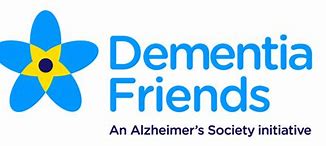Site Navigation
Colin's Story
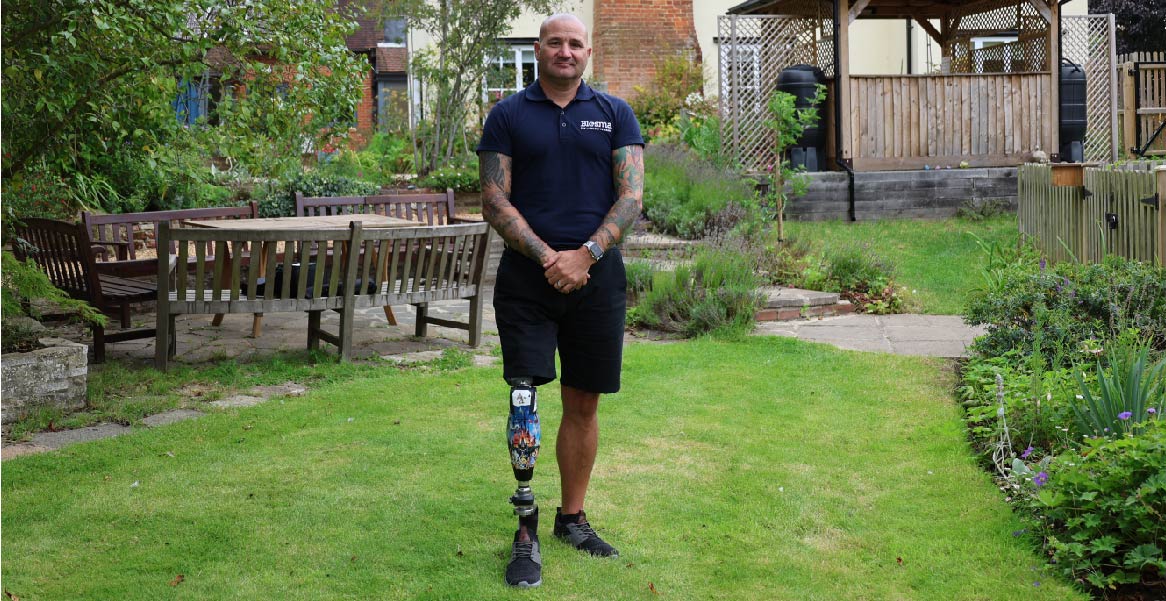
If you lost your leg, how would you rebuild your life?
Colin, a limbless veteran who served in Afghanistan, didn’t let his leg amputation stop him from living life to the fullest. After acquiring a devastating injury that left him in agony for years, the decision was made to have it amputated.
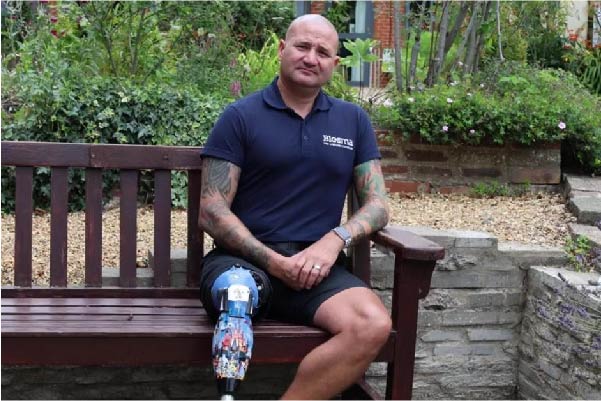
Years later, he is now working as the Head of Welfare Support at Blesma, The Limbless Veterans. The charity that supported him through one of the most difficult periods of his life.
Below he shares his inspirational journey with make a smile lottery.
A life changing injury
It is incredible to think how one moment can drastically alter the path of your life. This was the case for Colin after a training exercise seriously injured his knees.
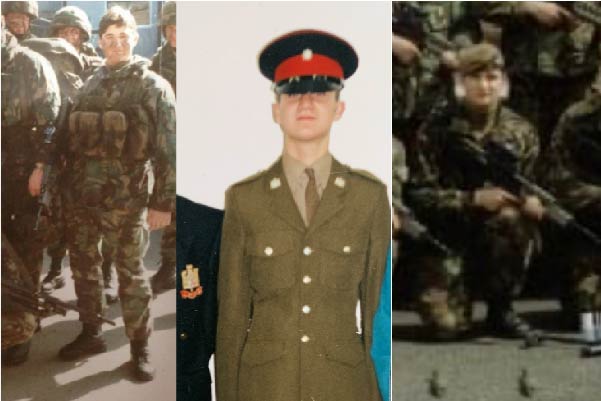
“I was on a training exercise, and it was pitch black at night, my operator went down a 12-foot drop in front of me. We had a standard operation procedure where we whisper to each other what was going on. So, I whispered to my operator behind me to say, ‘I’m going to drop’, and he said ‘ok, your now dropping’.
I went down. I had about 110 kilograms of kit on my back, with all my weapons and my helmet. As I stood up from the 12-foot drop, the operator in behind me kept walking, which snapped my knees.
That was the initial point of my injury. Then I did the same thing on my last tour in Afghanistan. Where I just reinjured my knees again.”
Hiding your injury
Colin didn’t have his leg amputated immediately after his injury, he suffered with the pain for eight years after the initial impact.
“Initially I hid my injury for eight years. I ended up putting tuber grips on my knees and then putting gaffer tape on them and taking pain medication. In the army we call it black and nasty because its black and its nasty. If you put it on someone’s skin, it doesn’t just take the hair, it takes a layer of skin too.”
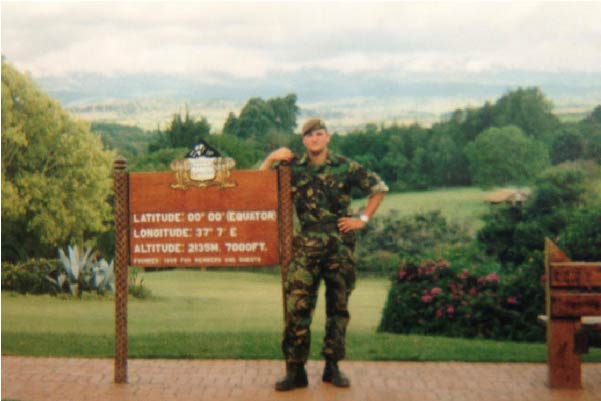
Hiding his injury for years, it wasn’t until his last tour in Afghanistan that the pain became too much to ignore.
“My injury didn’t have too much of an impact at the initial point of injury. But after my last tour in Afghanistan, I did another jump and a bad landing, which caused significant problems.
When I saw my medical officer, She said ‘what’s wrong with you?’. I took the tape and the tuber off my knee, and it just rolled inwards. She then said, ‘you need emergency surgery.’ It was at that point it had a major impact on my military career and my life.
It stopped everything that I was doing.”
A devastating amputation
Colin was stricken to learn that his leg had to be amputated. Ending his military career and changing his life forever.
“It’s devastating. I won’t lie, I spent fourteen years in the army in the Royal Anglian Regiment. It was absolutely devastating. You go into a room, and there is a bed just to the left of you, and there is a whole team of people in front of you. From physiotherapists to surgeons, to doctors and everybody else. Then they said, ‘your military career is now dead, go back to your unit, hand in this letter, and you will be discharged’. And that was it.”
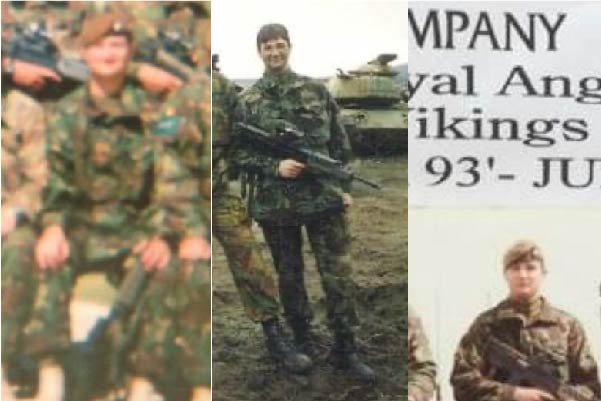
Terrifying thoughts whizzed around his mind. With such a life changing event, his future was now uncertain.
“I’m married. What am I going to do to pay my mortgage? How am I going to fend for my family?”
The military didn’t give him the support he would have received if it happened today. The support available to amputees is very different now to what it was back then.
“It was a scary time. Back then in the military you were just gone. It’s completely different now. The rehabilitation and the medical discharge process is very different because of the impact it has on people.”
A lifeline
Blesma, The Limbless Veterans charity were there from day one of Colin’s amputation. They were there to hold his hand and guide him through the life changing process of losing a limb.
“When I first lost my leg, Blesma helped me through the grant process for a disabled adaptive ensuite, so that I could shower safely.”
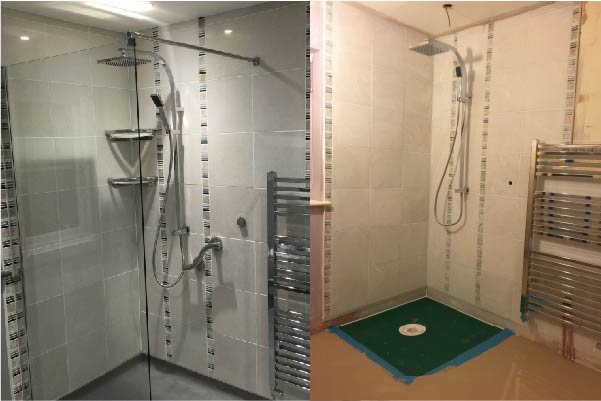
They also helped support him with adapting his house. “I had a broken back patio door. My wife used to go to work, and I used to be at home, and I was stuck in my wheelchair. The back patio door could only be closed and locked from the outside. So, when I was at home alone, I couldn’t go outside. I was a prisoner in my own home.
Blesma provided the funds and the workmen to fit a new bi-folding patio door so that I could get out into my garden. As an ex-solider, being in the outside is second nature to me. That was one of the biggest things that they have done for me at a very early point of my injury.”
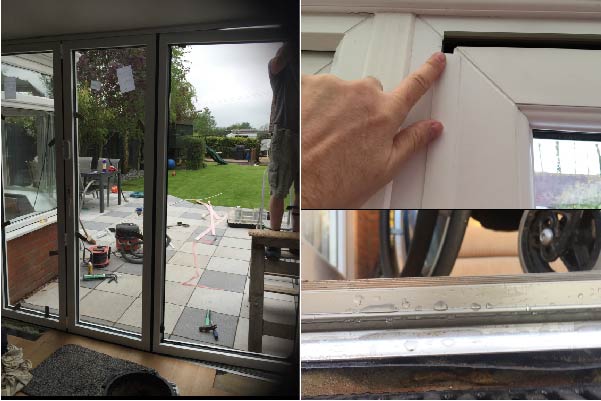
Family support
Blesma have not only supported him, but they have also been there for his family too. To help them all navigate life after the loss of a limb.
“We all went on a family glamping weekend, my youngest was about four years old. We were the first ones to arrive, so I was there with my wife, my daughter, and my youngest son. He sat on my knee whilst we were waiting for everyone else to come.
My little boy had never seen another amputee before that wasn’t elderly, or the typical person you would see at the physiotherapy department at Bury St Edmunds Hospital. As he sat on my knee, he watched this other gentleman come through who had, what he would call, a robot leg. He said ‘dad, dad, there’s a robot leg!’ He had never seen anybody like that in that age group because this gentleman was quite young.
Then another guy come in and he said, ‘there’s another robot leg’, and you could see him shaking with excitement. Then this guy came through who had bi-lateral prosthetics, he said ‘dad, dad, dad, that man’s got no legs, he is way better than you!’
From that moment, my little boy realised that his dad wasn’t the only one with limb loss. That transformed his outlook in life. Now he has got the most amazing sense of humour, you would think he was ex-military himself, and he is only 12 years old. Blesma did that.”
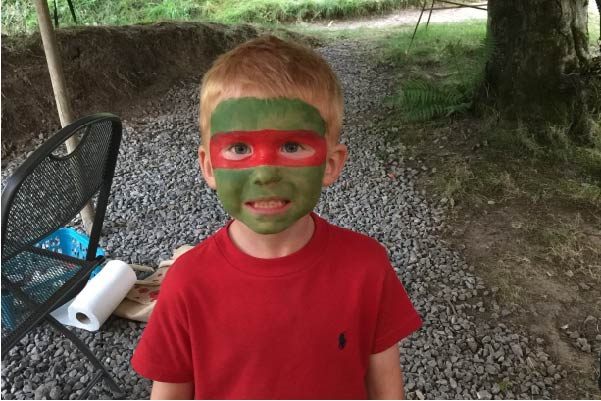
The glamping trip helped Colin’s children learn that anyone can lose a limb at any age. It doesn’t mean your life has to change. You can still do anything that you want, and nothing is impossible.
You can do anything you set your mind to
Blesma helped Colin see that his injury didn’t have to prevent him from doing things in life. The glamping weekend pushed Colin to his limits to show that being disabled doesn’t mean you can’t achieve.
“The activities they do, are not just for us members, but for the whole family group, they make you work. They don’t just put you in a disabled facility, dome tent glamping pod. If you want to get to that glamping pod you have got to work.
If you wanted hot water in the tent, you had to put a wood burner to get the water hot to have a shower. If you wanted to boil a kettle, to have a cup of tea, you had to go outside to do that.”
It showed Colin that life could be as exciting as he wanted it to be.
“Blesma found a really good place in Gloucestershire, that showed us, just because you’re disabled it doesn’t mean you can’t do anything at all. They found something that they thought we could do and make you work for it. It wasn’t in a negative way; it was in a way to show you can be truly independent if you want.”
The confidence to dream big
When you have such a life changing operation, like a leg amputation, it can really knock your confidence. Blesma helped Colin rebuild his confidence, which helped him do anything he set his mind to.
“In terms of helping my confidence it was good. That same glamping weekend, we went to a high woods place in the local forest area. We all rented bikes, and I had not been on a bike since my amputation. It was a big learning experience, giving me the confidence to say, ‘yes I can go onto a bike’.
They ended up putting me on a trike of all things. But it gave me the confidence to say, ‘that’s ok if they strap my prosthetic foot to the pedal so I can pedal’. I have got the confidence to go downhill, and up and down these little valleys and tracks.”
Working for Blesma, The Limbless Veterans
With the profound impact Blesma had on Colin and his families’ lives, he wanted to be able to give back to them.
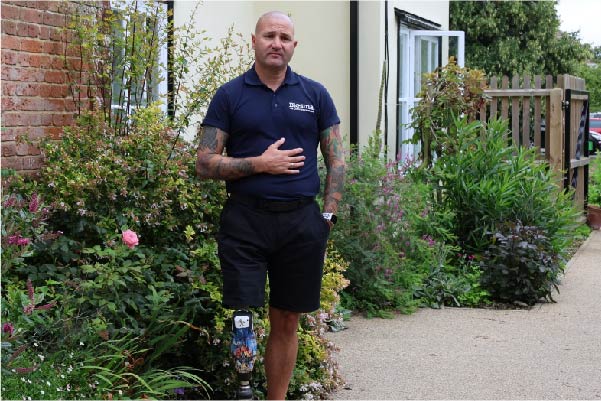
“I’ve wanted to work for Blesma for a very long time. This stems from the glamping trip, seeing the difference and impact that activity had on my youngest was amazing. I wanted to see if I could be part of such amazing team that truly understands what being a limbless or injured veteran is. But more importantly helping the families and widows is something that is not fully replicated in any other service charity in the UK.”
You can give back too
Make a smile lottery support Blesma with their weekly lottery. A fun and easy way to help them raise vital funds that allow them to continue to support limbless and injured veterans and their families, just like Colin.
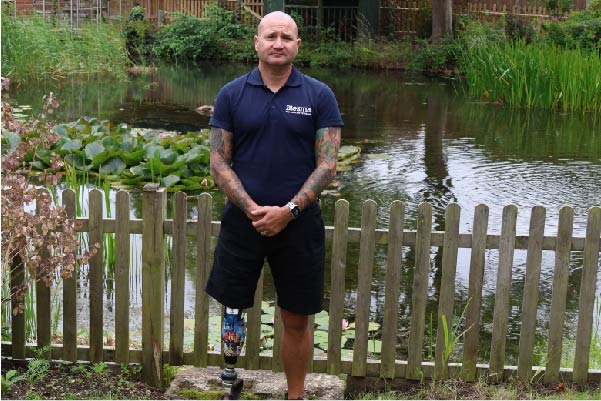
We asked Colin why people should play make a smile lottery to support Blesma and he said:
“Playing make a smile lottery would help fund the activities to help us integrate with normal society. Some of our members have got mental health issues, confidence issues and social isolation issues. But we can be a source of goodness for society, as we still have a lot that we can give.
The money also helps support welfare grants, so other members like me and our families can have access to different prosthetics, get advice and guidance with prosthetics provision, have access to wheelchairs, receive house adaptations and motability adaptations. Blesma also help with financial issues.
Playing make a smile lottery to support Blesma will aid an independent fulfilling life, not only for us as members but for our families too.”
Working together in partnership
Make a smile lottery is owned and run by St Helena Hospice in Essex. A charity working alongside other charities to help make sure all profits raised go back into the charity sector, and where the money is needed the most. Lotteries can be expensive to run, and therefore by working together in this way, it means that we can combine resources and more money can go back to good causes.
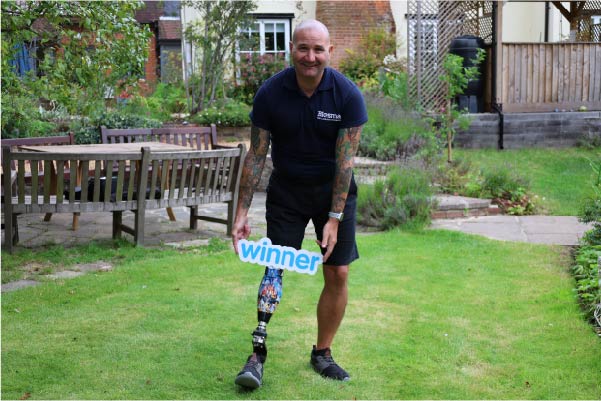
Colin is proud to be part of something that helps others in a similar situation.
“For a charity helping out another charity such as St Helena Hospice, it is fantastic. It’s partnership working. Without partnership working across the whole third sector, we really would struggle to exist. It helps us raise awareness, not only for this hospice, but for us an organisation as well.”
Making smiles every day!
By playing make a smile lottery, you are doing something amazing to help limbless veterans just like Colin and his family.
£1 may not seem like a lot, but it goes a long way in giving Blesma an income they can rely on.













